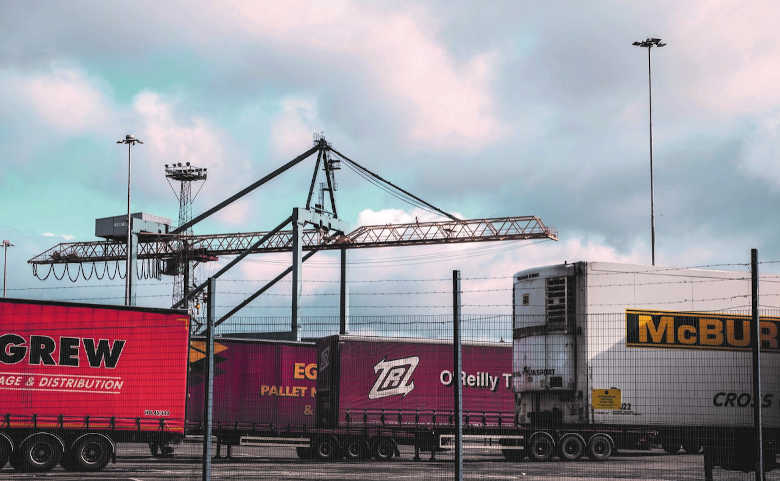The border between Northern Ireland and the Republic of Ireland, together with the abuse and misuse of the Good Friday Agreement (GFA), has been used as the Trojan horse by which the European Union (EU) has sought to undermine the UK’s attempt to gain back sovereignty. The plan was cleverly crafted, insisting that talks on the future relationship could not commence until three issues were agreed: the UK’s contribution to the “divorce bill”, rights of EU citizens living in the UK and UK citizens living in the EU, and – critically – the question of the Northern Ireland/Republic of Ireland border.
This land border was given an importance out of all proportion. In order to safeguard the integrity of the EU Single Market, it was said, goods flowing across this border would need to be monitored so that the EU could collect any tariffs due and ensure the goods were compliant with EU rules, standards and regulations. It was argued the arrangements to carry out such checks would mean putting a hard infrastructure along the border and this would be a contravention of the Good Friday Agreement (GFA).
The supposed consequences would be catastrophic because they would amount to tearing up an international agreement (the GFA), would alienate nationalists in Northern Ireland, and would give terrorists targets to attack, causing the peace process to collapse and leading to a return of the terrorist campaign in Northern Ireland.
Then came the clever part. The EU claimed and the May Government accepted that the only way of avoiding such a scenario was for the UK to remain part of the EU Customs Union so that there would be no need to collect tariffs and the UK would not be able to do trade deals with other countries which involved standards different from those pertaining in the EU. Furthermore, to avoid the need for regulatory checks, the UK to some extent would continue to apply EU Single Market rules and Northern Ireland would need fully to comply with them.
Click here to read the paper.

